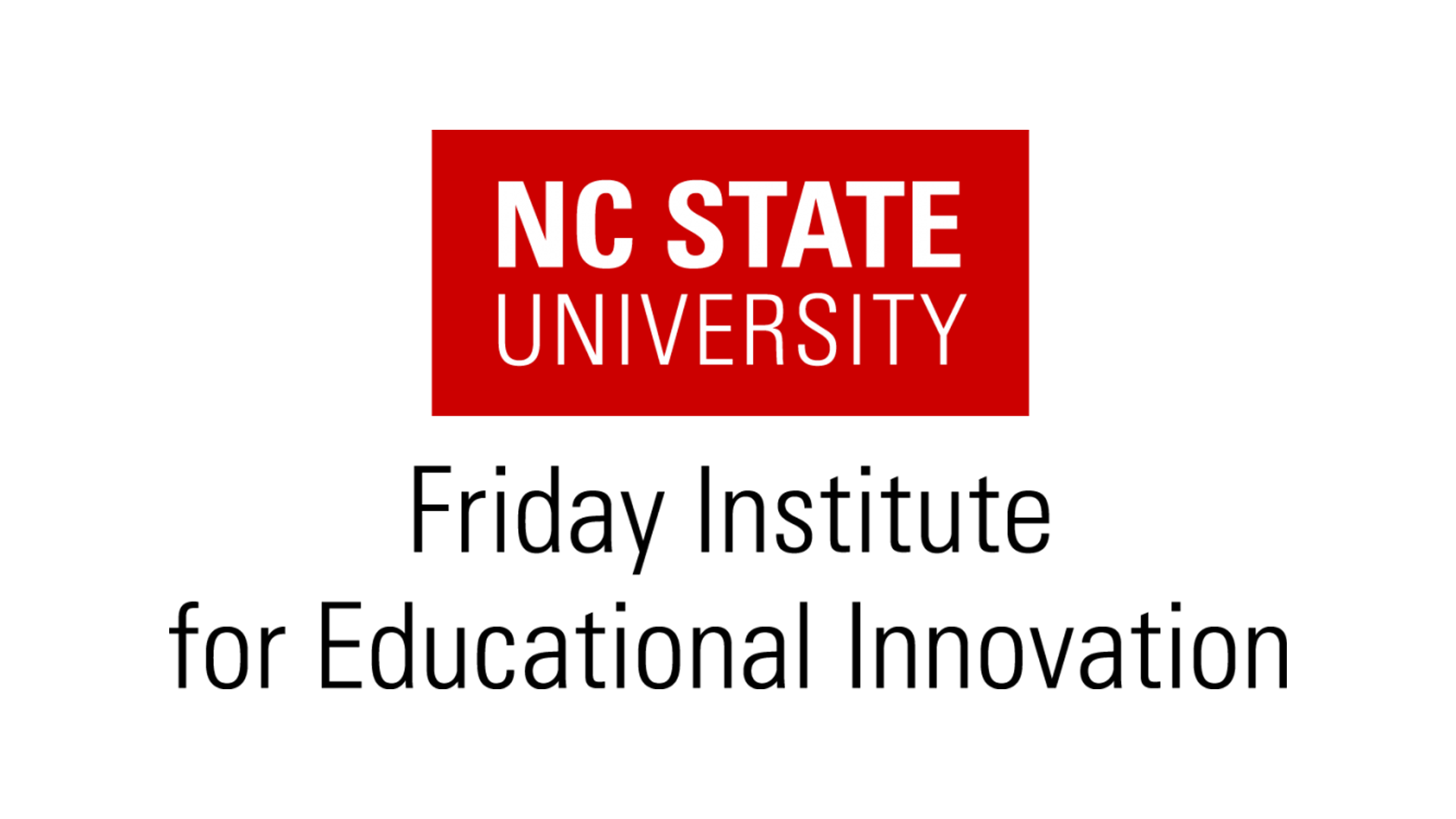
Monthly Member Highlight: The Friday Institute
This month, we are excited to spotlight the Friday Institute for Educational Innovation for its decorated history of advocating for expanded connectivity, specifically in education.

A research and education advocacy arm of the NC State College of Education, the Friday Institute’s mission to advance K-12 education through innovation is improving education on all fronts, helping better prepare students to succeed in our rapidly changing world. Its work includes analyzing internet access and usage across all school districts and charter schools in North Carolina and working with the state’s Department of Public Instruction on programs like the School Connectivity Initiative and the pilot Rural Student Home Internet Access. These programs secured funding to expand broadband in schools and tested emerging technologies’ potential to close the state’s homework gap.
“Bringing high-speed, reliable internet connection to each and every student requires a holistic connectivity approach,” remarked Ray Zeisz, senior director of the Friday Institute’s Technology Infrastructure Lab. “Deploying all connectivity solutions available, especially low Earth orbit satellites, will allow us to quickly connect all North Carolina students – especially those in rural and remote communities that have been neglected by traditional technologies.”
The Institute’s expertise in this area makes it a valuable partner to the Connect Everyone Coalition (CEC), aligning with our goal to deliver fast, affordable broadband to everyone, everywhere. Through education on the important role and opportunities of low Earth orbit (LEO) satellite connectivity and partnerships with thought leaders like the Friday Institute, we can ensure all people have access to the services this technology offers that will help us live, work and communicate better.
“We are grateful to have such an influential voice in education advocacy on board our mission,” said Richard Cullen, CEC Executive Director. “The Friday Institute’s work to expand broadband connectivity to schools and households throughout North Carolina, prioritizing the use of all technologies to make sure every student has access to 21st-century learning opportunities, is exactly what this coalition is all about.”
DID YOU KNOW?
Even though research has proven that the inequities wrought by a lack of access to reliable, affordable, high-speed broadband are “critical barriers to student success,” the National Rural Education Association found that more than 13 percent of rural American households STILL lack basic internet connection for accessing online education or virtual classrooms.
Students in rural areas are hit especially hard by this digital divide. Because LEO satellites are able to get and stay connected even in the most remote areas and throughout difficult terrains, this technology offers a promising future of connectivity for these students.
